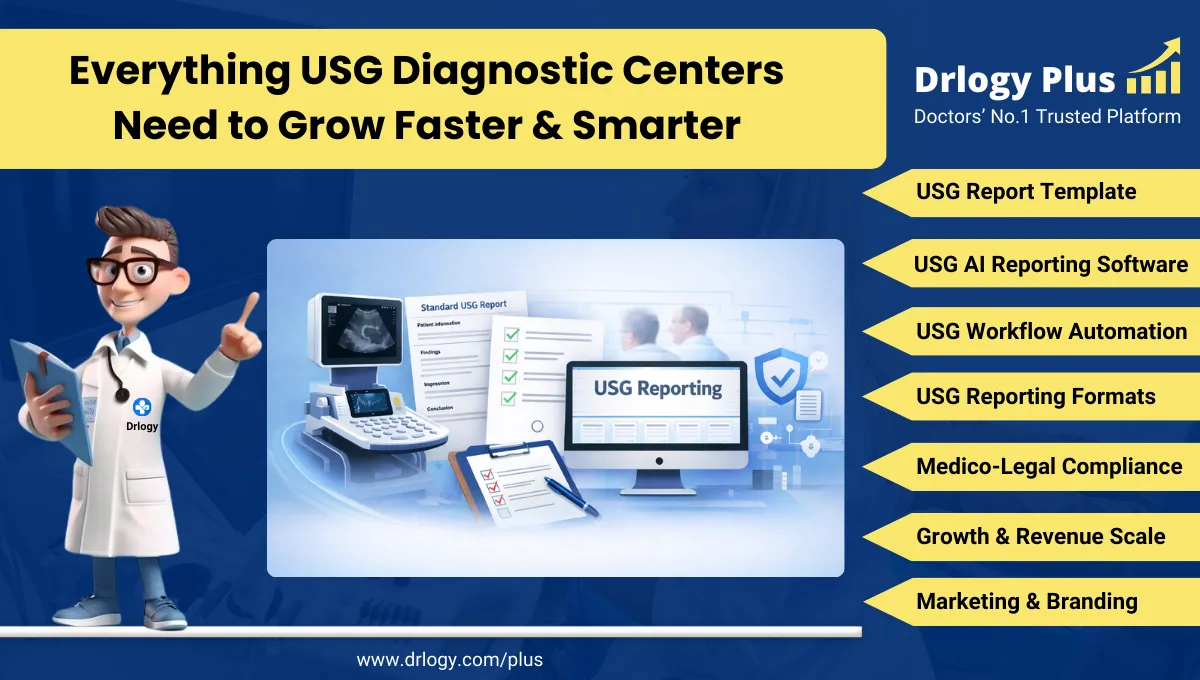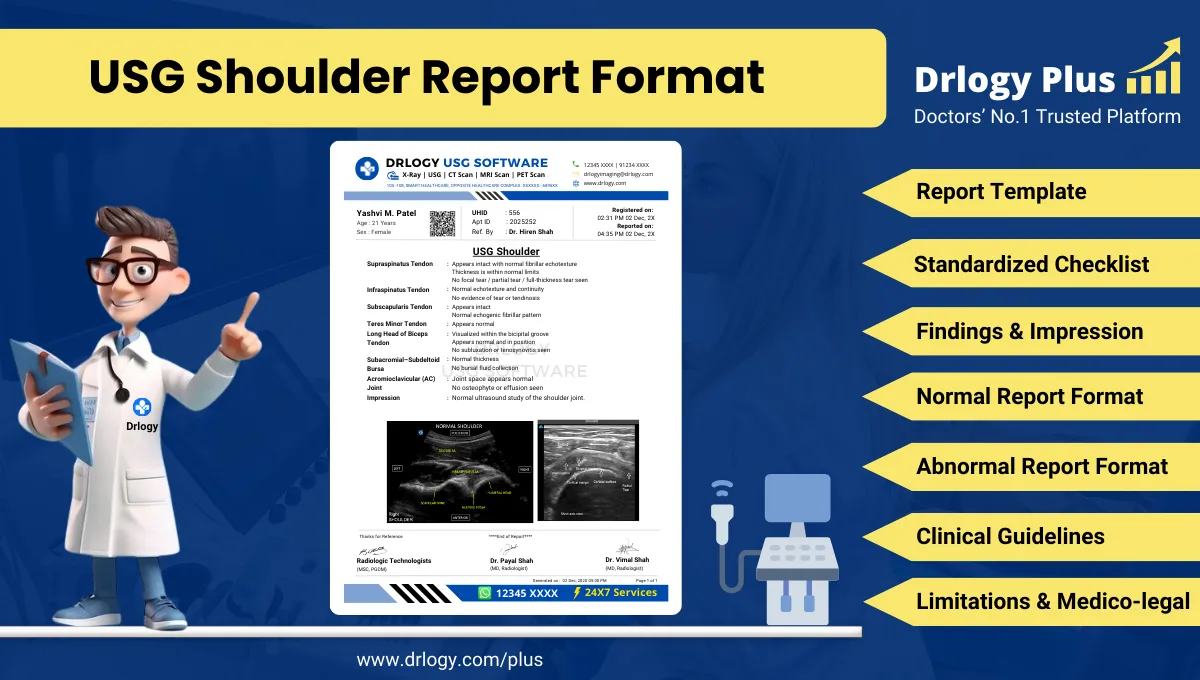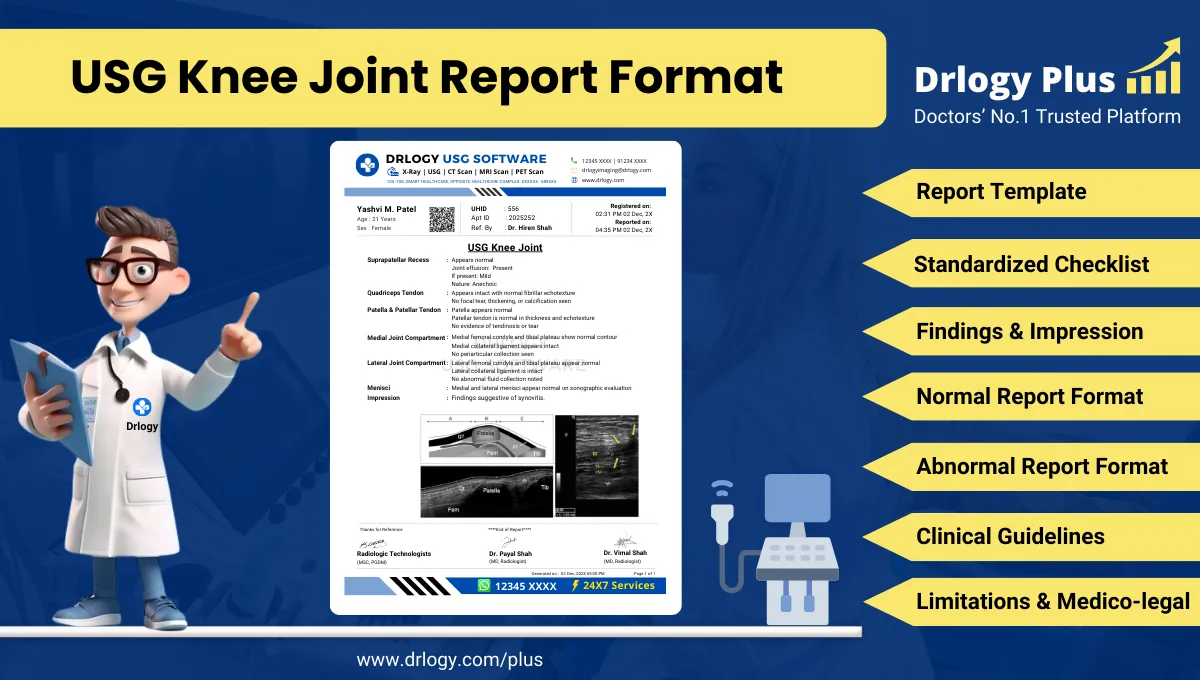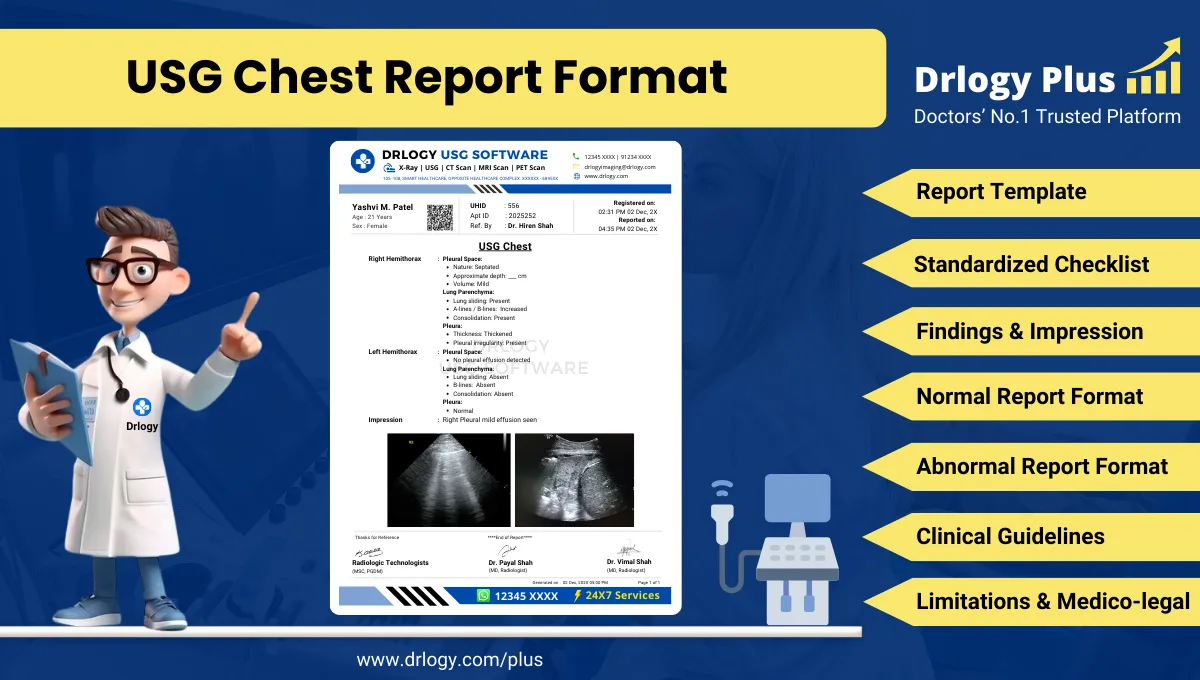

Drlogy
Healthcare organization
Vitamin K Test Report Format: 10 Key Clinical Guidelines & Example
The Vitamin K Test Lab Report Format is of paramount importance in medical laboratories, providing crucial insights into a patient's Vitamin K levels. This standardized format ensures a systematic presentation of results, aiding healthcare professionals in diagnosing deficiencies or excesses.
The report typically includes patient details, test parameters, and a concise interpretation of results. This standardized structure streamlines communication between laboratories and healthcare providers, facilitating informed decision-making for optimal patient care.
10 Key Vitamin K Test Report Format Clinical Guidelines
Below are the 10 key clinical guidelines for formatting a Vitamin K Test report in your pathology laboratory.
1. Patient Information:
- Includes full name, age, and gender.
- Demographic details for accurate record-keeping.
- Enables personalized healthcare decisions.
- Facilitates traceability in the laboratory database.
- Critical for associating test results with the correct patient.
2. Reference Doctor Information:
- Identification of the referring healthcare professional.
- Reference doctor's contact details for communication.
- Integration of official letterhead for authenticity.
- Enhances collaboration between labs and medical practitioners.
- Streamlined communication for follow-up consultations.
3. Specimen Information:
- Specimen name and collection volume.
- Clear indication of the specimen collection details.
- Ensures accuracy in sampleentification.
- Vital for maintaining the integrity of the testing process.
- Enables easy tracking of specimen information.
4. Test Name Heading, Test Methodology:
- Explicit labeling of the specific test conducted.
- Brief overview of the chosen test methodology.
- Helps healthcare professionals quicklyentify the test.
- Ensures transparency in the testing process.
- Highlights the scientific approach employed.
5. Test Result:
- Presentation of the numerical or qualitative test outcome.
- Clear and concise representation of the findings.
- Provides the essential information for diagnosis.
- Enables rapid assessment by healthcare providers.
- Lays the foundation for subsequent medical decisions.
6. Normal Value Reference:
- Clearly defined reference ranges for comparison.
- Indicates the expected values for a healthy individual.
- Facilitates quickentification of abnormal results.
- Essential for accurate interpretation by healthcare professionals.
- Ensures standardized assessment across different cases.
7. Interpretation & Instrumentation:
- Insightful interpretation of the test results.
- Description of the instrumentation and technology used.
- Enhances understanding of the diagnostic process.
- Provides context for healthcare professionals.
- Promotes transparency in the laboratory's analytical approach.
8. Signature and Date:
- Inclusion of authorized personnel's signature.
- Date of the report for chronological reference.
- Validates the authenticity of the provided information.
- Meets legal and regulatory requirements.
- Essential for accountability in the laboratory.
9. QR Code Authenticity and Barcode:
- Integration of QR code for digital verification.
- Barcode for efficient tracking and data entry.
- Ensures the authenticity and integrity of the report.
- Streamlines data management and retrieval.
- Aligns with modern standards for information security.
10. Diagnostic Laboratory Details:
- Comprehensive information about the diagnostic facility.
- Address, accreditation details, and contact information.
- Establishes the laboratory's credibility.
- Aids in building trust with healthcare partners.
- Essential for maintaining transparency in diagnostic services.
Also Check
Drlogy Plus For Complete Digital Solutions for Doctors, Clinics, Hospitals & Labs to Enhance Patient Experience.
Vitamin K Test Report Format Sample
Vitamin K Test Report Format
Here is a Vitamin K test report PDF format, highlighting its significance in the pathology laboratory.
Drlogy Pathology lab software plays a pivotal in ensuring a Vitamin K Test Report Format. Additionally, Pathology lab software automates many aspects of the testing process, from sample handling to data analysis. Drlogy Pathology Software provides healthcare providers with real-time access to Vitamin K test results, enabling timely decision-making and faster patient care.
Referred
Conclusion
- Overall, the adherence to these guidelines for the Vitamin K Test Report Format is paramount for diagnostic laboratories. It fosters seamless communication with referring healthcare professionals, and maintains the highest standards of testing accuracy.
- Ultimately, this standardized format plays a pivotal in providing accurate, trustworthy, and timely information, significantly impacting patient care outcomes.
- Drlogy Plus For Complete Digital Solutions for Doctors, Clinics, Hospitals & Labs to Enhance Patient Experience.





